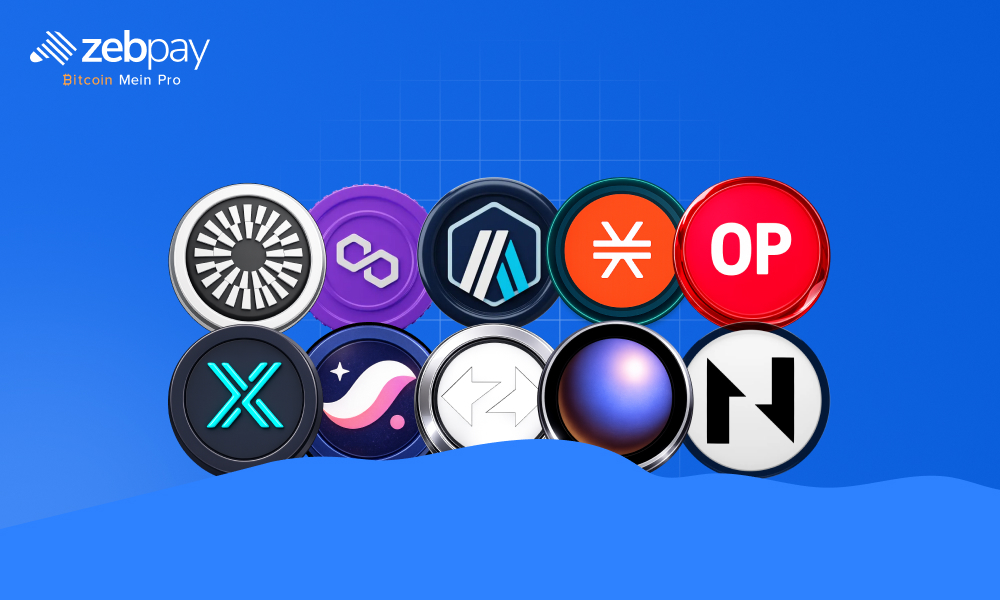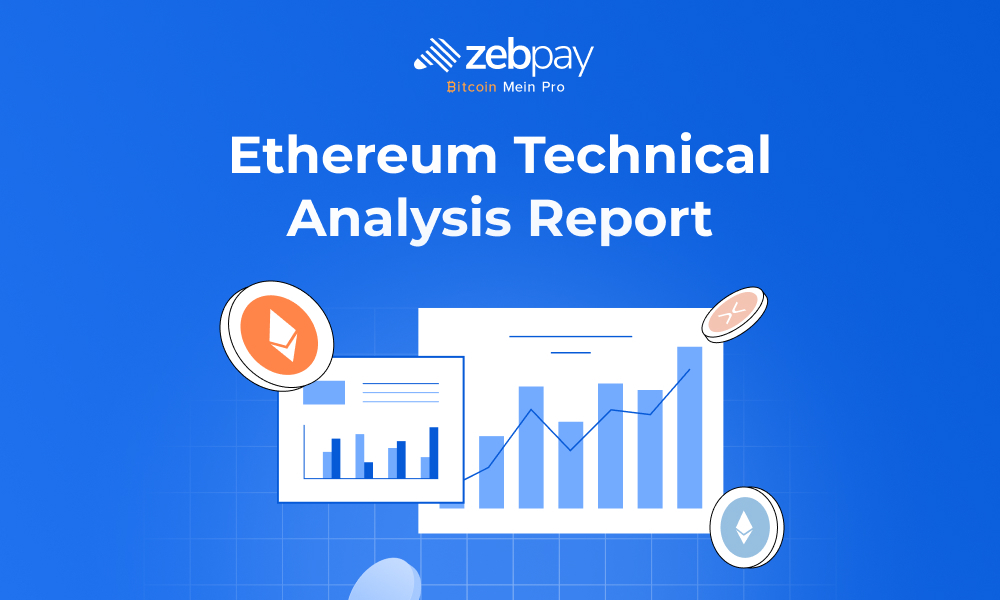Web3 has been described as read/write/own and has the potential to disrupt the nature of the internet by giving users control over their data. One of the vital features of Web3 is maximizing data privacy and protection. Web3 gives users control over their data by leveraging blockchain technology. It is a peer-to-peer network that can enable transparency for users over their identities and data records.
Understanding the Need for Privacy in Web3
All centralized storage providers are owned by for-profit corporations that are known for profiteering off user data. Centralized data storage providers use many tactics to monopolize costs and leave users with fewer options. It is common for service providers to offer low-cost pricing at the start only to increase the price quickly. Users have no other alternative as there is no competition and the cost is monopolized. There have been many incidents where companies have reportedly mismanaged user data, and in some instances, users are also not aware that their data has been leaked.
Web3 will be the smarter and more interactive next iteration of the internet and will operate on trustlessness. With the emergence of Web3, users do not need to rely on a few service providers that control access and data.
Read more: What is Web 3.0
Data Privacy Challenges in Web3
Despite Web3 data being decentralized and encrypted, it is vulnerable to online attacks. Rug pulls and phishing are the two main types of online attacks faced by Web3 users. Private blockchains are vulnerable to privacy threats because they have a limited number of validators to reach a consensus. On the contrary, public blockchains have a large number of participants that keep them safe from hacks and data breaches.
Privacy-Enhancing Technologies in Web3
Many new privacy-enhancing innovations have emerged in the Web3 ecosystem. Zero-knowledge proof is one such innovation that enables users to prove that they know something or possess information without revealing what it is. This privacy-enhancing technology can allow users to authenticate themselves without revealing sensitive information.
Multiparty computation, or MPC, is a Web3 protocol that splits a transaction computation across multiple parties so that no individual can see data from another party. MPC can enable developers to privately compute distributed data without revealing it.
User-Controlled Identity and Authentication
Self-sovereign identity, or SSI, is a new approach to digital identity in Web3. It gives users control over the data they need to prove their identity on websites and applications. Many decentralized identity solutions have emerged on Web3. They help to manage and verify end-user identities, such as those of customers or employees.
Read more: Web 3.0 vs Web 2.0
Encrypted Communication and Messaging
Web3 messaging involves encrypted communication between decentralized user accounts that operate on a blockchain network. Web3 consists of many encrypted messaging applications that allow users to interact directly with each other without intermediaries.
Data Minimization and Consent Management

Web3 applications are moving towards being designed with a data minimization mindset, where the smallest possible amount of data should be collected for a specific use. Recently, there has been a growing demand for companies to protect users’ privacy by empowering them to have control over their data. Consent management systems are integral to this process as they inform users how their data will be used so that they can make an informed decision on data usage policies.
Dealing with Sensitive Data
Web3 will eliminate password usage, and users will not need to create or remember unique passwords. We will witness next-level authentication protocols powered by zero-knowledge encryption in Web3. User data is secured using unique keys in zero-knowledge encryption, meaning no one except the users can access their encrypted files.
Read more: Future of Web3 in Ecommerce
Regulatory Compliance in Web3
GDPR (General Data Protection Regulation) and privacy regulations in other countries have changed the way we see user data, and we are now paying more attention to individual data protection rights. The introduction of GDPR in Europe inspired other countries to work on their data privacy laws to shape how companies collect user data.
The emergence of Web3 and blockchain technology is transforming how we communicate online. The impact of Web3 innovation is transcending borders, and there is a need for new regulations around intellectual property and data protection.
Auditing and Transparency in Web3
Smart contract audits are a detailed analysis of the code to identify issues and find ways to solve them. Auditing is a vital part of ensuring the reliability and security of Web3 applications. Web3 is secured with blockchain technology, but it does possess some security vulnerabilities. Auditable smart contracts can give users peace of mind that your security is robust and you can proceed to execute a smart contract.
Privacy Education
Privacy education in companies involves educating employees on how to store and manage customer data within their systems. There could be catastrophic consequences if this data leaks online, so it is vital to ensure this information remains private.
Read more: Guide to Taking Your Organization from Web2 to Web3
Conclusion
Web3 is built using blockchain technology that ensures user data is decentralized and distributed across a network of computers. This technology provides a higher level of security than centralized data storage service providers, where data is stored in a single location. The Web3 ecosystem is not completely resistant to online attacks, and developers should take proactive steps to protect user privacy in their Web3 applications. Web3 can revolutionize how we manage our data and ensure every individual is in control of their personnel data.
Visit ZebPay blogs to stay up to date about the latest crypto news. Join the millions of traders already using ZebPay.











